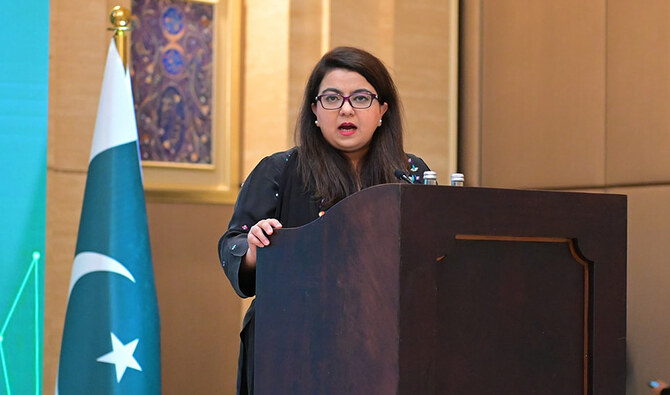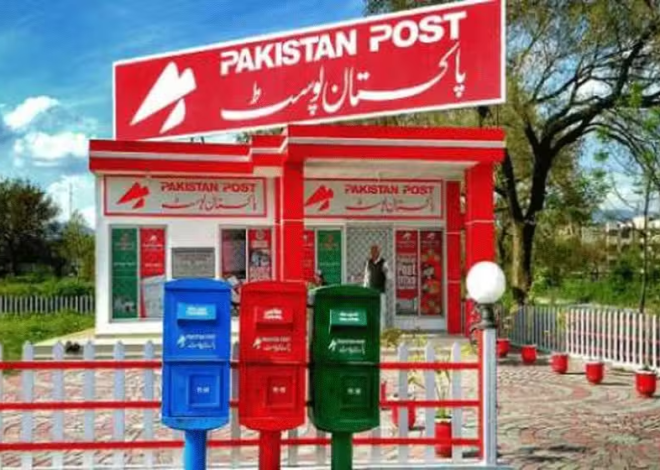
IT Minister Attributes Slow Internet in Pakistan to Widespread VPN Usage 2024
Minister of State for IT and Telecom, Shaza Fatima, addressed the nation on Sunday, attributing the recent internet slowdown across Pakistan to the excessive use of Virtual Private Networks (VPNs). During a press conference, she clarified that the federal government has not intentionally degraded internet services, dispelling rumors of a deliberate internet shutdown. Instead, she pointed out that the rampant use of VPNs, which reroute data through distant servers, is largely responsible for the sluggish internet speeds experienced by users nationwide.
Shaza Fatima explained that while VPNs offer privacy and security benefits by masking user data, they can significantly impact internet performance. As more users rely on VPNs to bypass content restrictions or protect their online privacy, the increased traffic through these encrypted tunnels results in a slower overall internet experience. She emphasized the need for public awareness regarding the potential downsides of heavy VPN usage.
Interestingly, the minister did not touch upon the government’s plans for a new national firewall aimed at controlling social media, a topic that has sparked considerable debate and concern among internet users and digital rights advocates.
In addition to addressing the internet slowdown, Shaza Fatima highlighted several key achievements and future initiatives in Pakistan’s IT sector. Under her leadership, the country has witnessed its highest-ever IT export figures, a milestone she credited to the innovation and drive of the nation’s youth. To build on this success, the minister unveiled plans for the establishment of two new IT parks in Islamabad and Karachi. These parks aim to create thousands of jobs and serve as hubs for tech startups and established firms alike.
The minister also announced the launch of 250 e-employment centers across Pakistan. These centers are designed to provide digital skills training, helping citizens enhance their employability in the growing digital economy. A noteworthy initiative includes introducing coding programs in five languages at the primary school level, ensuring that the next generation is well-equipped to compete in the global tech landscape.
On the infrastructure front, Shaza Fatima detailed the government’s ambitious plans to roll out 5G technology across the nation. This will be complemented by the expansion of internet infrastructure with four new undersea cables, which are expected to significantly boost connectivity and data speeds. Additionally, she mentioned the development of a virtual production studio, which will support the country’s creative industries.
The minister also discussed ongoing efforts to digitalize key national databases, including the National Database and Regulatory Authority (NADRA). By implementing QR codes at over one million locations across Pakistan, the government aims to streamline payment processes and enhance tax collection efficiency. Shaza Fatima expressed optimism about these initiatives, stating that they would not only modernize the economy but also improve the quality of life for all citizens.
With a clear focus on digital transformation, the minister’s announcements signal a strong commitment to leveraging technology for Pakistan’s future growth. However, the lingering issue of internet speed and the government’s stance on digital freedom will likely remain topics of public interest and scrutiny.








